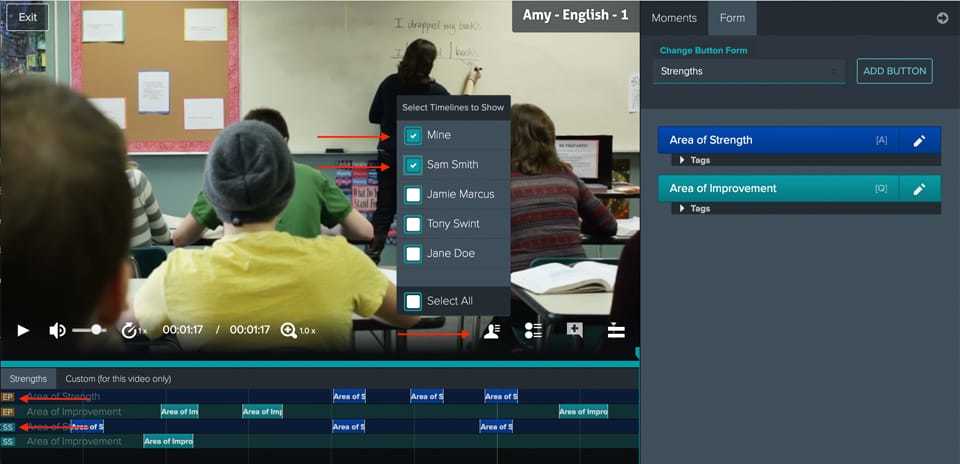At Vosaic we've been working with healthcare simulationists at smaller nursing schools and big hospital systems such as Kaiser Permanente (read our interview with Kaiser simulationist) for many years now. We've learned a lot from them, and their feedback has helped us make Vosaic's video platform for recording, and debriefing simulations effective and affordable. But having a good and affordable software solution plays only one part in running a great simulation program. The bigger part is running an ethical simulation program.
The Society for Simulation in Healthcare has outlined six core principles to support ethical use of simulation in medicine. Due to technological advances, simulation has become key to training, learning and development across disciplines. Teaching, aviation, and healthcare fields have all seen the rise of simulation-based learning as an impactful training and research tool. Simulation helps prevent mistakes from happening. Mistakes that often result in death. The documentary “To Err Is Human,” shows that medical mistakes are the #3 leading cause of death in the United States.
Healthcare Simulationists are industry professionals and learners who use simulation technology in the healthcare field to conduct research, gain experience and improve outcomes, all without causing undue harm to patients. These individuals engage in a relatively new and rapidly growing field (Agency for Healthcare Research and Quality, 2017).
If you don't have a Vosaic account for simulation recording and video-based debrief, you can start with a free trial today.
In December of 2018, The Society for Simulation in Healthcare (SSIH) published the first edition of its Healthcare Simulationist Code of Ethics, developed over several months through the collaboration of healthcare professionals, experienced simulationists, and ethicists. The Code, “designed to assert aspirational values at the highest, general level,” is represented by six core values:
I. Integrity
The Code outlines that simulationists should act with respect, truthfulness and fairness at all times. They should use sound judgement in all matters, and work to protect people, animals and the environment from unnecessary harm. Simulationists should also respect intellectual property and protect private information.
II. Transparency
Healthcare simulationists shall adhere to appropriate standards in documenting their work and analyzing results. They should be explicit about the objectives and potential applications of their research. Under the Code, Simulationists must also work to limit deception in their work; real or perceived conflicts of interest must be disclosed.
III. Mutual Respect
Simulationists must respect the rights and dignity of others, including the colleagues, students and patients they encounter in their work. They should listen to others’ ideas, fostering collaboration, and work to protect others from harm.
IV. Professionalism
Individuals bound by the Code should maintain professionalism in their work, attitudes and interactions with others. They should foster continuous personal and professional development.
V. Accountability
Simulationists should continuously seek and view feedback as an opportunity for improvement. They shall represent themselves, as well as their profession, employer and colleagues well by acting intentionally and ethically.
VI. Results Orientation
Healthcare Simulationists should remain focused on outcomes for their organizations and for medicine as a whole. They should hold crucial the quality and accuracy of their work and utilize appropriate resources for support.
As a performance discovery company, we support Healthcare Simulationists by making the technology for recording, debriefing, and researching simulations intuitive, effective and powerful. To help simulationists adhere to SSIH’s Code of Ethics, we’ve designed Vosaic to be hardware independent and easy-to-use, so professionals can focus on what matters most: working to improve patient outcomes.




